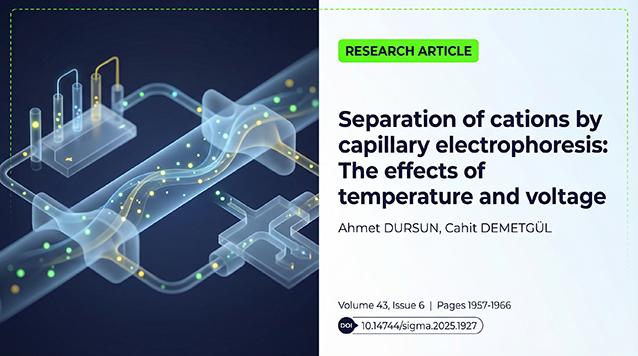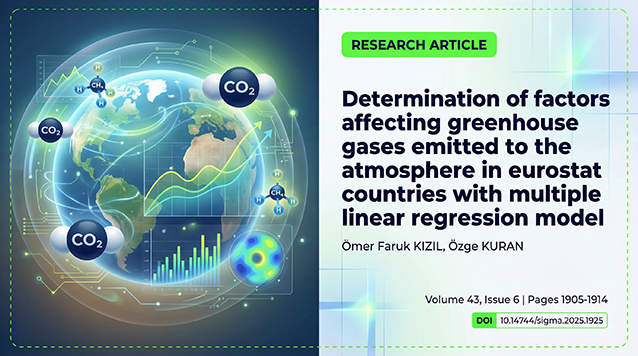2Department of Mechanical Engineering, SIES Graduate School of Technology, Maharashtra, 400706, India
3Department of Mechanical Engineering, Thakur College of Engineering and Technology, Maharashtra, 400101, India
4Department of Mechanical Engineering, Dr. D. Y. Patil Institute of Technology, Maharashtra, 411033, India
Abstract
Maximizing the effectiveness of braking mechanisms is critical for enhancing car safety and advancing technology. This study investigates temperature fluctuations in brake liners and brake discs during deceleration using statistical and mathematical approaches. Key factors considered include the physical parameters of engagement materials, initial frictional force, and braking duration. The research highlights the importance of controlling heat transfer in rotor brakes, particularly regarding speed and load changes. Understanding the thermodynamic dynamics within brake elements is essential for improving vehicle safety. This comprehensive examination provides insights into the methodologies for predicting temperature changes in automotive braking components and evaluates the precision of these predictions. The findings offer valuable perspectives on thermal regulation in vehicle brake systems, paving the way for future improvements in brake design and performance.
















